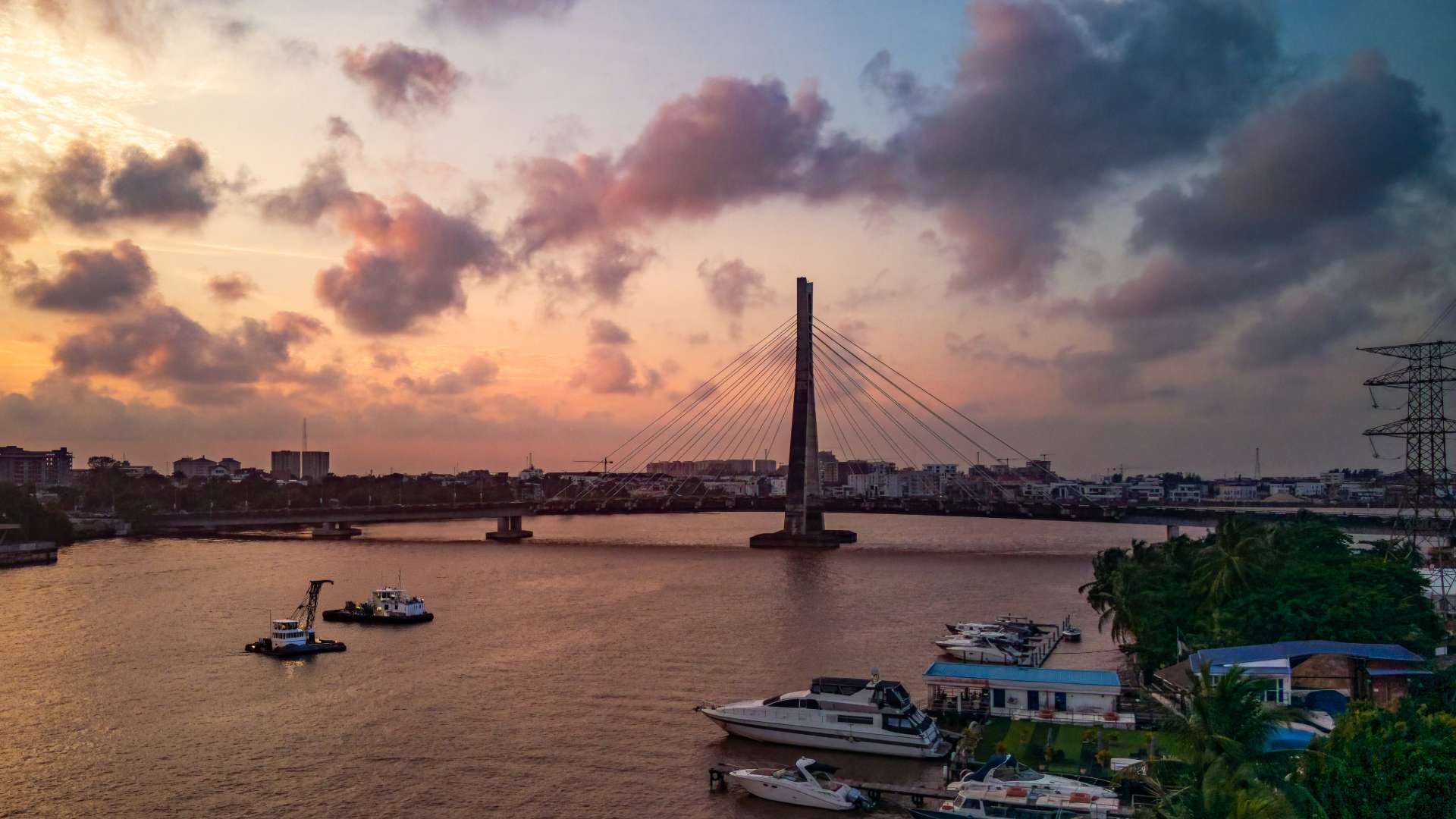Introduction
The Federal Government of Nigeria has approved ambitious dredging plans for Lekki Deep Seaport, aiming to boost cargo throughput and accommodate larger vessels. This strategic move underscores the country’s commitment to expanding maritime infrastructure as part of its broader port modernization initiative.
Government Approval Signals Strategic Shift
The dredging plans were confirmed by the Managing Director of the Nigerian Ports Authority (NPA), Dr. Abubakar Dantsoho, via a statement on the agency’s official X (formerly Twitter) account. According to Dr. Dantsoho, the initiative is part of a broader strategy to strengthen Nigeria’s global trade competitiveness.
“This Management intends to more frontally position the national economy to reap the multi-dimensional benefits of economies of scale that Lekki Port, with its capacity to berth super post-panamax sized vessels, possesses,” he stated during a recent visit to the port.
Goals of the Dredging Plans
The approved dredging plans will increase the depth and capacity of Lekki Deep Seaport, enabling it to service much larger vessels than before. By deepening the access channel and harbor basin, the port will be able to improve operational efficiency, reduce waiting times, and handle greater volumes of cargo.
The move is designed not only to increase shipping traffic but also to reduce transportation costs and attract international carriers seeking deepwater ports along the West African coast.
Lekki Deep Seaport: A National Model
Lekki Port is viewed as a model for the Nigerian government’s vision of modern, high-capacity maritime infrastructure. With its deep draft, modern facilities, and commitment to automation, it stands as a leading example of next-generation port operations.
Dr. Dantsoho emphasized that the dredging plans at Lekki Port reflect the direction in which the NPA is steering national port development—toward efficiency, scale, and sustainability.
Key Stakeholder Involvement
During the recent inspection, Dr. Dantsoho was joined by a delegation of key stakeholders, including Mr. Abiodun Dabiri, Chairman of the Lekki Port Board; Mr. Qiang Wang, Managing Director of Lekki Port; Vivian Richard-Edet, Executive Director of Finance & Administration at NPA; and Alhaji Olabode Oyedele, Director at Lekki Port.
Their presence underlines the collaborative nature of the dredging plans and the unified commitment of both public and private partners to deliver transformative infrastructure projects.
Anticipated Benefits for Trade and Economy
Once implemented, the dredging plans are expected to yield significant economic and logistical advantages. The ability to host larger vessels will increase import and export efficiency, create employment opportunities, and stimulate industrial growth in adjacent free trade zones.
The expanded capacity will also help decongest older ports and promote smoother logistics across Nigeria’s supply chain, supporting both local and regional trade.
Environmental and Infrastructure Considerations
While the dredging plans promise substantial benefits, environmental considerations must be managed carefully. The authorities are expected to enforce strict environmental compliance measures to protect marine biodiversity.
Additionally, connecting infrastructure—including road and rail access—must be expanded to support increased port activity, ensuring that the full potential of the dredging initiative is realized.
Conclusion
The approval of dredging plans at Lekki Deep Seaport marks a significant milestone in Nigeria’s pursuit of modernized port infrastructure. By expanding the port’s depth and capacity, the initiative will strengthen the nation’s trade position, lower shipping costs, and attract new investment.
As these dredging plans move from approval to execution, they are set to redefine Nigeria’s maritime landscape and fuel economic growth across multiple sectors.
